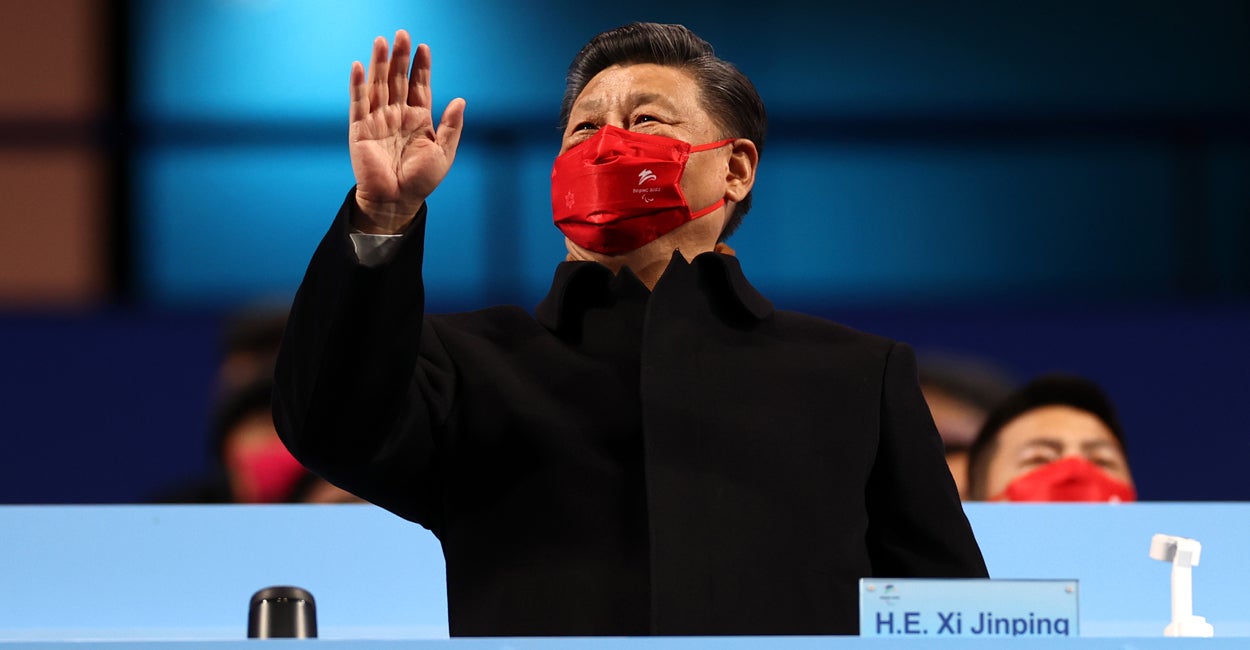Contrary to Hollywood, Interpol isn’t an international police force. It’s more like a bulletin board on which police forces around the world post their wanted notices.
But Interpol does have problems. And China is among the biggest.
The next meeting of the Interpol General Assembly, which makes the final decisions for the organization, is set to take place in India from Oct. 18 to 21.
The Daily Signal depends on the support of readers like you. Donate now
The General Assembly’s last meeting, in 2021, was a disaster for the U.S. Representatives from authoritarian regimes, including China, took control of the Executive Committee, which supervises implementation of the General Assembly’s decisions.
The upcoming meeting offers the U.S., and other democracies, a chance to start to turn things around.
The General Assembly will elect two new members of the Executive Committee—one from Africa and one from Europe. It’s vital that those new members represent democracies.
Only if democracies control the committee will it be possible to push back against authoritarian abuse of Interpol—which is supposed to be used to find criminals, not to harass dissidents and entrepreneurs.
The evidence of this abuse is overwhelming. In 2019-2020, Interpol itself detected 524 cases of abuse, up from only 63 cases in 2015.
And the abuse reaches inside the U.S. The Biden administration is trying to deport economist Gregory Duralev, an opponent of the Putin regime, back to Russia simply because Russia asked the U.S. to do so through Interpol.
Even worse is China’s abuse of the system. Russian abuse of Interpol is a blunt instrument. China’s is a full-court press. The Chinese government doesn’t just invent crimes. It threatens families to force its victims back to China.
Nor is it just dissidents who are targeted. American entrepreneurs—who have property that regimes want to steal and contracts those regimes need to violate in the process—are also vulnerable.
In May, a U.S. citizen was targeted through Interpol by the United Arab Emirates after he was hired to develop a free trade zone in the Persian Gulf. The American was denied permission to sue Interpol by a U.S. court, which found that the organization has immunity from lawsuits.
Then there is the case of Ramachandran Viswanathan, an Indian American who won a major arbitration award against India after his firm’s contract to build a satellite communications system was canceled by the government. That defeat for India led to the threat that he would be targeted through Interpol.
The use of Interpol in an effort to intimidate entrepreneurs into dropping legitimate arbitration awards is classic abusive behavior.
It’s these sorts of cases that make it clear Interpol needs to spend more detecting and preventing abuse.
The U.S. pays 15% of Interpol’s bills and, together, the top six democracies pay more than 50%. The U.S. needs to push for greater financial transparency in Interpol and make sure that Interpol uses U.S. funds to fight abuse.
If it doesn’t, Chinese influence in Interpol—along with wider abuse of the Interpol system—will only grow. Already, Interpol has decided that only a “state” may be a member of Interpol—a seemingly obscure decision that’s aimed at excluding Taiwan. That’s another win for China.
The U.S., and the wider democratic world, took it on the chin from China, Russia, and their allies at Interpol’s last General Assembly meeting. The October meeting is an opportunity for the U.S. to push back.
Have an opinion about this article? To sound off, please email letters@DailySignal.com and we’ll consider publishing your edited remarks in our regular “We Hear You” feature. Remember to include the url or headline of the article plus your name and town and/or state.






























